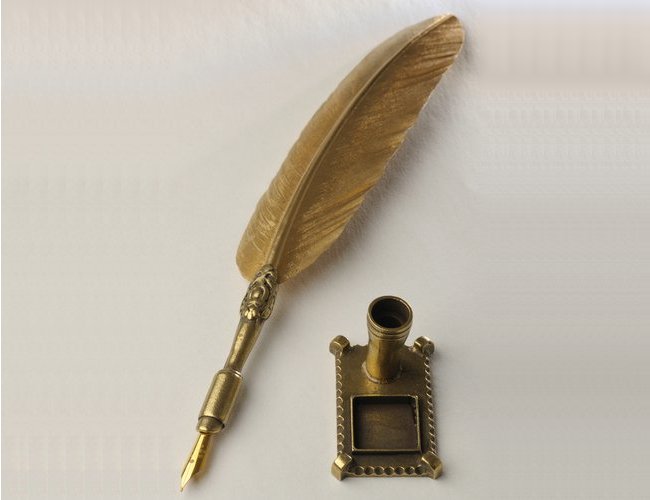Attention Bay Area TSW readers: We’ve spotted three exciting trade secrets events coming up in the next month. Even if you’re not based in Silicon Valley, you may want to plan on visiting in October just to attend. Hope to see you there!
- Law Foundation of Silicon Valley’s 4th Annual General Counsel Convergence
Keeping the Secrets in Trade Secrets
Santa Clara
October 1st - Unexpected Vulnerabilities: The Modern Silicon Valley Workplace, Part 1
Don’t Take My Stuff!: How to Avoid Losing Your Trade Secrets When Employees Depart And Accusations of Theft When They Are Hired
Menlo Park
October 10th - State Bar of California’s 86th Annual Meeting
Hot Topics in California Trade Secrets Law
San Jose
October 12th




